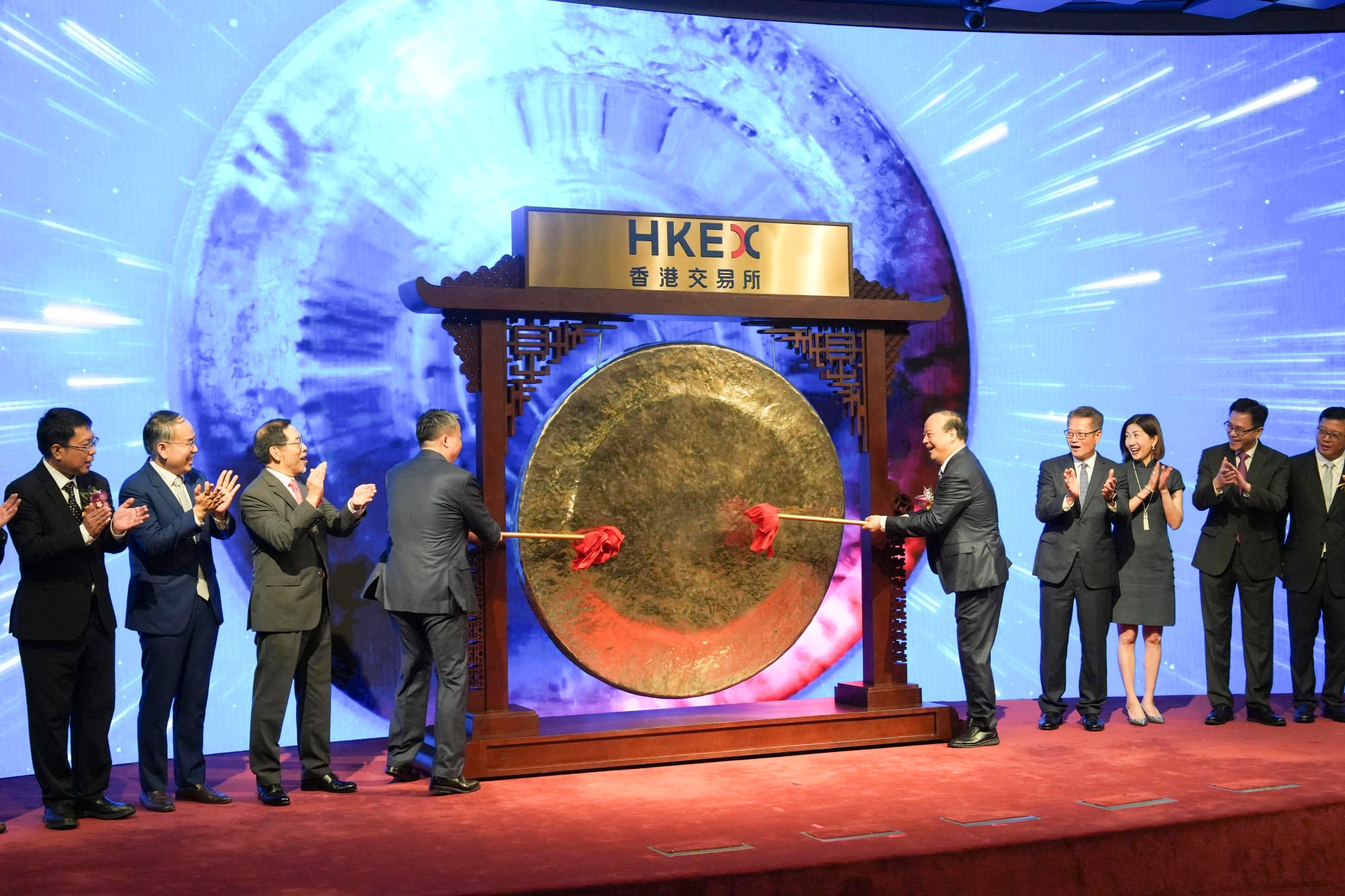 Zimbabwe has cautioned Chinese investors against ignoring local labor and environmental regulations, as well as engaging in illegal financial practices, a rare position following prolonged public grievances.
Zimbabwe has cautioned Chinese investors against ignoring local labor and environmental regulations, as well as engaging in illegal financial practices, a rare position following prolonged public grievances.Harare's criticism has now disrupted Zimbabwe's reputation as one of the African nations most open to investment from Beijing, frequently ignoring concerns when they arise.
Over the years, China has become the leading source of investment for Zimbabwe, following the country's two-decade-long isolation by the Western world.
Tafadzwa Muguti, a high-ranking official in President Emmerson Mnangagwa's administration, caught attendees off guard during a conference addressing Chinese investments in Harare this week when he urged investors from Asia to avoid "unlawful financial practices, environmental damage, and ignoring local regulations." "Most of you (Chinese) entrepreneurs aren't depositing money," Mr. Muguti stated at the China-Zimbabwe Business Forum on Wednesday. "You don't have bank accounts. You're storing cash under your mattresses, beneath the floor, or on the roof, but that's not how it works in China. If they all hold US dollars and Zimbabwe Gold currency in their homes, it could lead to our economy collapsing. There will be no liquidity in the market. Henceforth, we are advising you to deposit your funds in banks."Read: Why Zimbabwe’s ZiG is tankingSuch remarks are uncommon, as in 2024, the Zimbabwe Investment Development Agency documented 441 new investments from Chinese entities, contributing $2.75 billion, compared to 56 investments totaling $52.28 million in the prior year.
In 2015, Chinese President Xi Jinping referred to Zimbabwe as an "all-weather friend," a designation reserved for only 14 nations globally. China has made significant investments in Zimbabwe's energy, construction, agricultural, and mining industries.
China has also supported and implemented significant infrastructure initiatives, including power plants, airports, roads, and medical facilities, yet the increasing impact of the world's second-largest economy has sparked divided opinions in Zimbabwe.
For years, critics have expressed worries regarding Chinese investors' supposed neglect of local labor and environmental regulations, yet Harare has often stood by them.
The authorities have previously alleged that individuals who criticize the actions of Chinese investors are Western agents, aiming to interfere with investments from a dependable ally.
Zimbabwe has faced a currency crisis for almost 20 years, leading the nation to stop using its own currency in 2009 and instead adopt a mix of currencies, primarily the US dollar.
The nation has made six efforts to restore the Zimbabwe dollar, with the most recent initiative being the mineral-backed Zimbabwe Gold currency launched a year ago.
Many business professionals, particularly those from abroad, are reluctant to engage with local banks due to concerns about the nation's financial regulations and the difficulties involved in transferring their earnings out of Zimbabwe.
Zimbabwe's new currency fails, leading to the closure of numerous businesses and loss of hundreds of jobs. Mr. Muguti stated that Chinese investors were expected to deposit their profits in banks and utilize the central bank for sending money abroad. He mentioned that there are increasing concerns regarding Chinese nationals who are breaching Zimbabwe's immigration laws by entering the country on tourist visas for job purposes. "It is not difficult for Chinese nationals to obtain investment permits in Zimbabwe," Mr. Muguti said. "Why are you coming illegally? Let's adhere to the procedures. There is no need to pay bribes or remain hidden. Let's conduct affairs properly." The senior government official had harsh words for investors who violated the nation's environmental regulations and desecrated local graves in mining regions.
Chinese firms have been discovered extracting minerals within Zimbabwe's wildlife reserves, having acquired permits under ambiguous conditions, while other entities engage in mining along riverbeds, causing significant damage to water systems.
There are also multiple instances where Chinese mining companies have encountered disputes with local communities, accused of encroaching on ancestral lands and desecrating burial sites. “We are seeing that some Chinese companies are excavating our ancestors’ graves to extract granite or gold,” Mr Muguti stated. “Some even remove the bones and set them aside before starting the digging. That is the utmost disrespect towards any individual, regardless of your culture. Therefore, if we don't show patience towards each other, we won't be able to collaborate.” Steve Zhao, CEO of the China-Zimbabwe Exchange Centre, which represents the interests of Chinese nationals, mentioned that most of the issues stem from bureaucratic obstacles. “Chinese companies are encountering numerous difficulties,” Mr Zhao said. “After investing large sums, such as $5 million or $10 million, they face challenges. Some obtain certificates from the Zimbabwe Investment and Development Agency but struggle to acquire work permits. Equipment remains unused because it can't operate. They end up engaging in illegal activities, not out of choice, but due to system delays.” He added that some conflicts between Chinese nationals and locals arise from cultural differences and a lack of understanding of local labor laws. “There are many new people coming in,” Mr Zhao noted. “They aren’t familiar with the local culture. They don’t understand labor laws. That's why we organize workshops with banks and labor agents.” Zimbabwe and China have had long-standing relations that began during the southern African nation's struggle for independence in the 1970s, but the relationship strengthened in the early 2000s when the Asian country started offering significant aid and investment.
China transfers a new parliament to Zimbabwe as a "gift." Zimbabwe's former leader Robert Mugabe initiated a "Look East Policy" despite tense relations with the West, resulting in power plants, a new Parliament building, enhancement of major airports and sports facilities, along with other infrastructure developments.
In recent years, a continuous flow of Chinese individuals has been moving to Zimbabwe, attracted by the common use of the US dollar and the solid relationship between the two nations. However, there are increasing conflicts between the local population and Chinese citizens, stemming from claims of extensive labor rights violations and disputes over land, particularly in mining regions.








